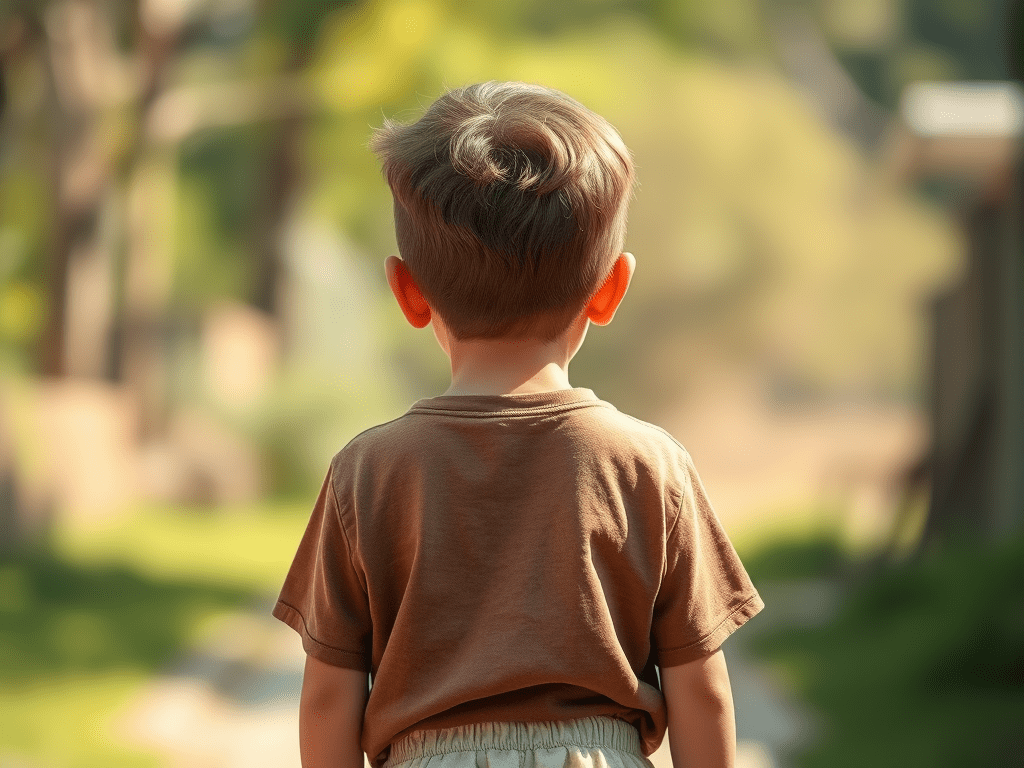After two retirements, and with lots of trepidation that I was too old to launch myself into yet another career, I became a substitute teacher. Before I got too far ahead of myself in the worry department, though, I calmed down when I realized the word “substitute” itself puts it all into perspective: I am in charge of a classroom for a day or a week or (in some cases) longer, but I’m not the real deal. I’m never your real person, kids. He or she will be back soon, and then we can all get on with our lives. So instead of romanticizing my new role and seeing myself as a more mature Robin Williams in “Dead Poets Society,” I pride myself on staying in my lane.
I love this job. The school sparkles, with rules and standards that reach out beyond academic skills, things like kindness and taking responsibility. As a bonus, because I live in the community, I’m often spotted at the supermarket or in Target to the wide-eyed astonishment of first graders who believe I sleep at school. I will never tire of hearing, Mrs. Hummel, what are you doing here?!”
In the faculty room at lunch the first question is always, “Who are you today?” The second: “How’s it going?” On a good day I might answer, “Well, no one lost an eye yet,” hoping for a laugh. On a bad day, I know I can sit down with this smart and caring bunch, and they will hear me and give me a cogent piece of advice. Sometimes I don’t share at all, not sure where to start when I’m front row in the life of child who seems up against more than is fair. Even in the best school like this one, teachers carry some of the massive sorrow that some students bear. It comes with the territory, but that doesn’t mean it’s not overwhelming sometimes.
So, there are mornings when it is tough to get going. If I’m honest, sometimes it’s just lack of sleep or achy joints, and on gray winter days, in particular, I wonder why I’m not more like my friends who are joining book clubs or getting really good at flower arranging. On those days, I pop an Advil and eat breakfast.
Then there are mornings I wake up thinking about a kid who had an awful day. And I talk myself into this one thought, although at times, I admit, it seems self-important. Today there may be one kid who needs something from me. . . Maybe it’s something small, but maybe it’s something I’ll say that the kid will remember forever. This thought does not strike me as too much to hope for. After all, when I was 12, my teacher told me I was a good writer, and I’ve believed it ever since.
In my silent little pep talks at 6 AM, I don’t ask for much. I’m not looking to overhaul education. “Just one kid,” I tell myself.
On the last day of the school year, the entire faculty lines the steps at dismissal, and the last group to come down are the fifth graders. Everyone applauds them and hoots and hollers since next year they’ll be off to middle school. You can see it on their faces as they trot down the steps – they’re sort of a big deal right now, and they’re loving every minute of it.
A kid whose first name I think I know was halfway down the stairs when he looked back at me. He smiled so intentionally that I looked behind me to see who he was looking at. Then he walked back up the steps. To me. Without a word, he hugged me. And left. I watched the back of his blue jacket in the crowd as he joined his friends and ran down the sidewalk.
So, on a day I can’t remember because I never knew it, I did or said something I’ll never know, to someone who did not forget. He was that kid. That one kid. All I needed.




